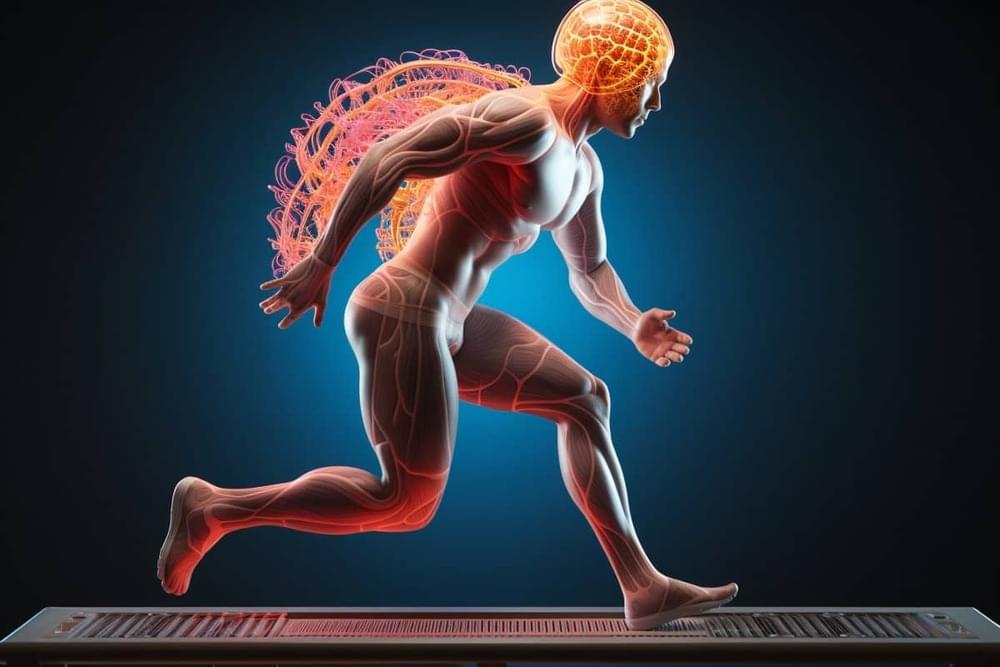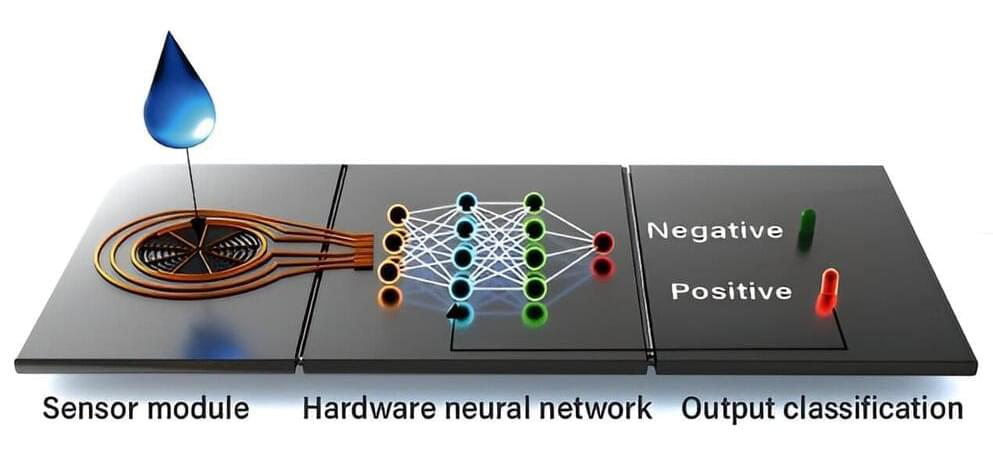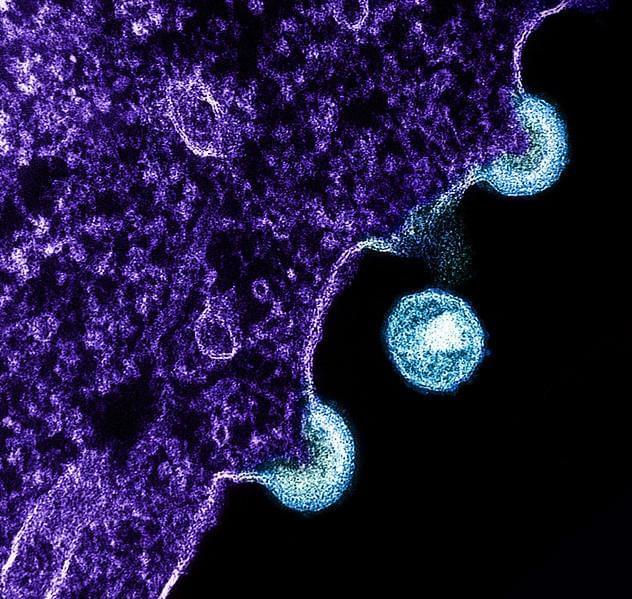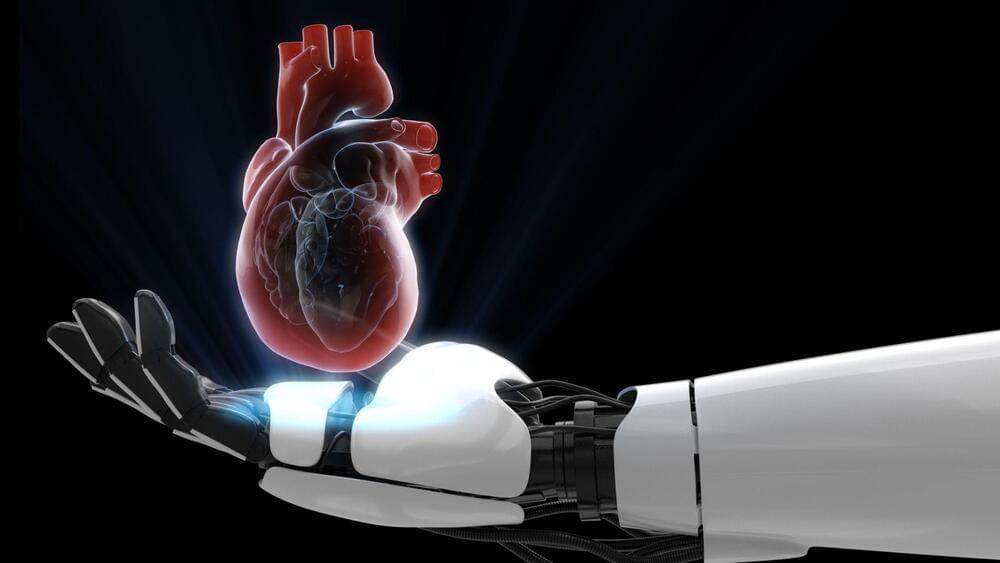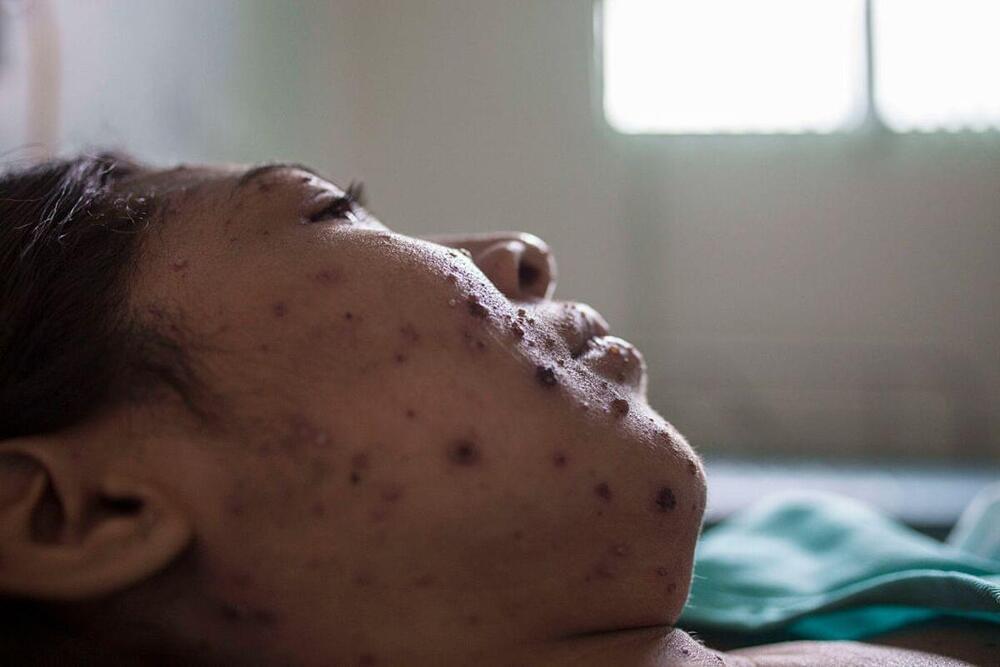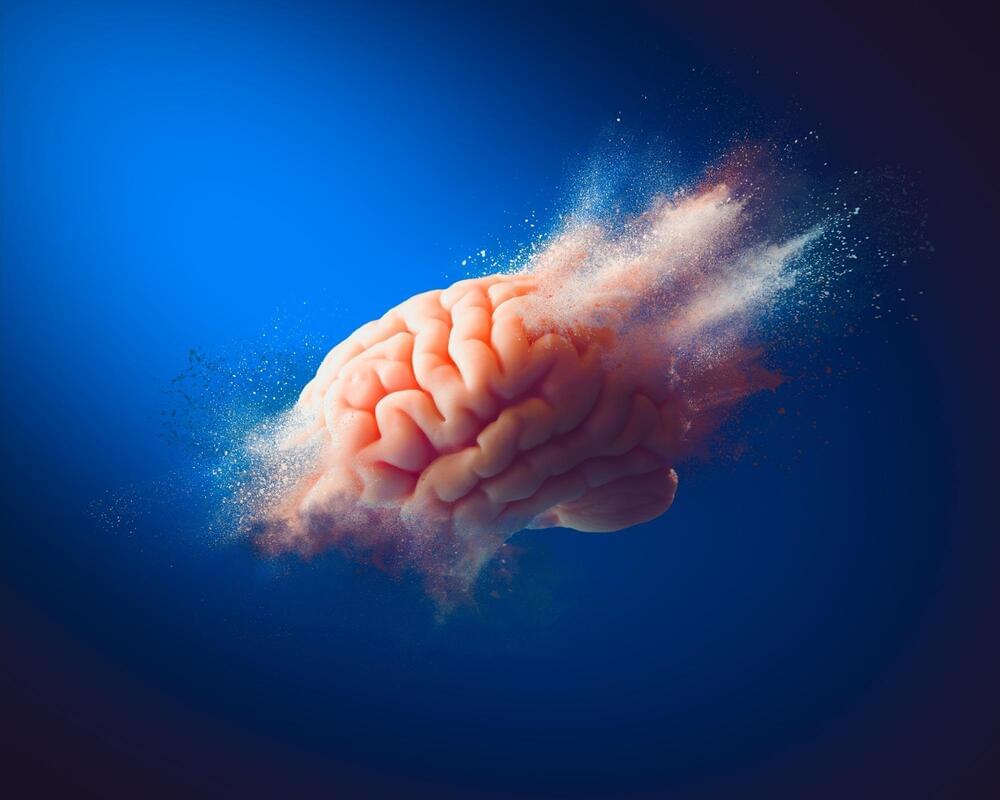ABC News anchor Robin Roberts was brought to tears on Thursday while reporting on a new cancer treatment breakthrough. The story was about a new means of helping cancer patients find donors for blood stem cell transplants – something that Roberts herself had to deal with during her own cancer battle and subsequent health issues. She shed tears thinking of families who will not have to worry as much as she did.
Roberts presented this story along with Good Morning America co-hosts George Stephanopoulos and Lara Spencer. They explained how patients previously had to find a near perfect match for a blood stem cell transplant. This was a particular issue for people of color, but this new breakthrough more than doubles their chances of finding a match. They illustrated the effects with the real-life story of a girl who recently survived a cancer diagnosis that would have been much more dangerous beforehand. Roberts explained how broadening the list of potential donors can be so helpful – and can improve the mindsets of patients and their families as well.

